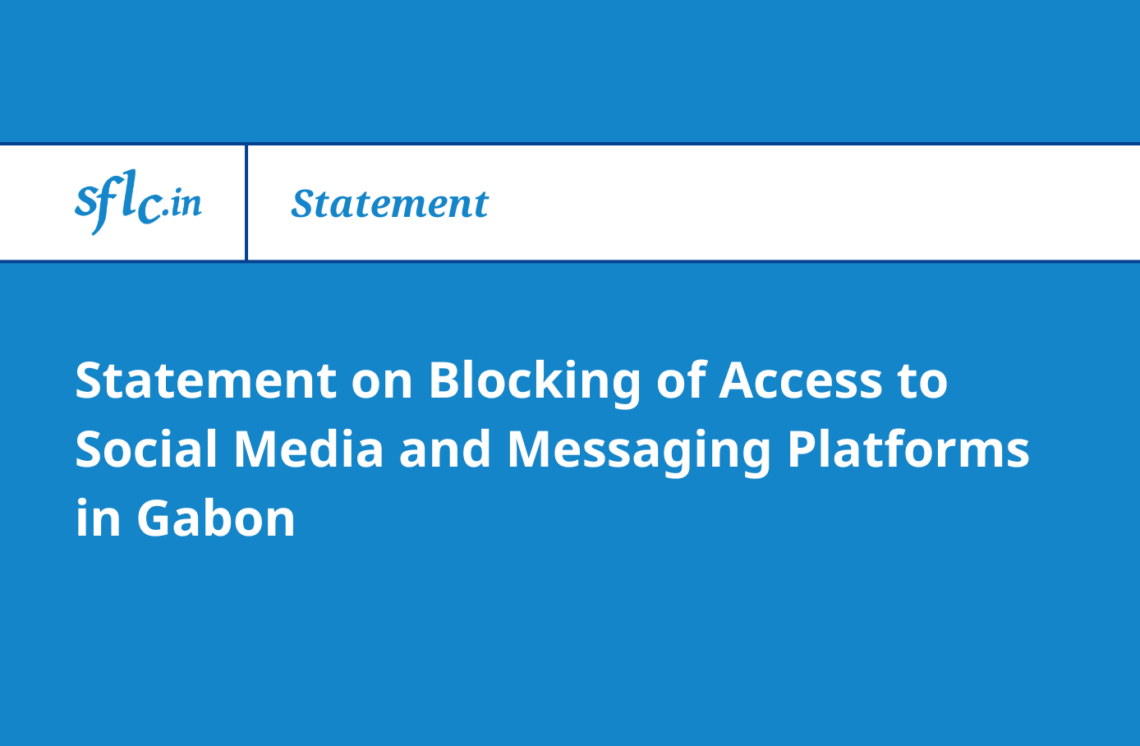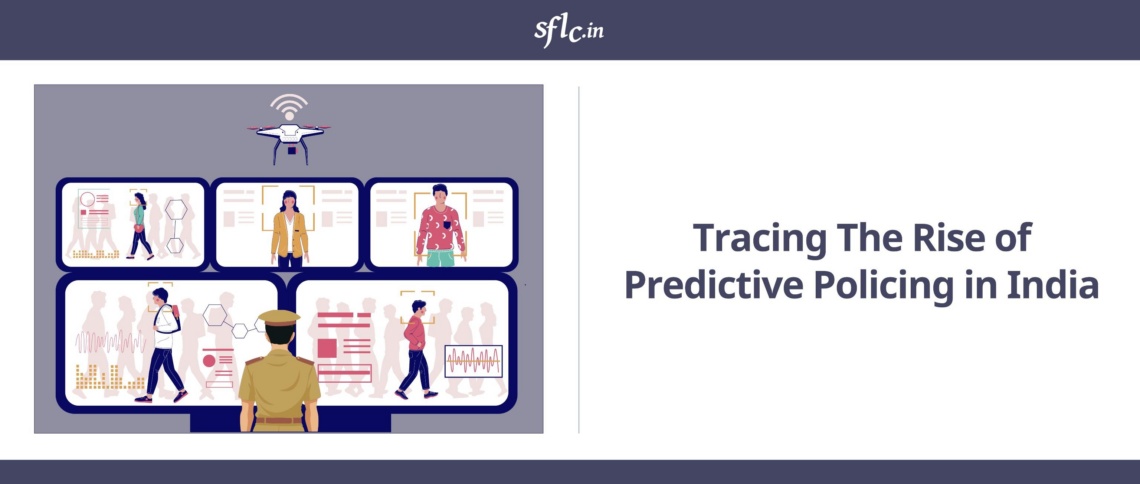This writ petition has been filed in public interest under Article 32 of the Constitution of India, challenging Section 66A of the Information Technology Act, 2000 and Rules 3(2), 3(3), 3(4) and 3(7) of the Information Technology (Intermediaries Guidelines) Rules, 2011 as unconstitutional.
The Petitioner – a serving Member of Parliament – submits that Section 66A contains several words/terms that are undefined, vague, open to misinterpretation, and thus problematic. This imposes statutory limits on the exercise of internet freedom which are well beyond the Constitutional parameters of ‘reasonable restrictions’ enshrined in Article 19(2). Section 66A, by its operation has led to a constitutionally unsustainable position wherein the protection afforded to free speech under the Constitution is practically done away with on the internet. Criminalizing otherwise permissible speech on the basis of its communication through the internet is a blatant violation of Article 14 (right to equality). Additionally, such restrictions have a ‘chilling effect’ on the exercise of freedom of speech by internet users. A provision of law that forces people to self- censor for fear of criminal sanction deprives the constitutional guarantee of any meaningful content and as such is unconstitutional. The overhanging threat of criminal prosecution for exercise of civil liberties by virtue of a vague and widely worded law is also therefore in violation of Article 21 of the Constitution of India.
Coming to the Intermediaries Guidelines Rules, Rule 3(2) lists the various types of information that ought not to be carried on a computer system. This violates Article 14 in being arbitrary and overly broad, and in granting the private intermediary the right to subjectively assess objectionable content. It breaches Article 19(1)(a) (right to freedom of speech and expression) in creating restrictions that are alien to the Constitutional framework and it is also beyond the scope of the IT Act, which is restrictive in administering such regulation.
Rule 3(3) bars the intermediary from hosting any of the content referred to in Rule 3(2). Section 79 of the IT Act makes it clear that the intermediary is free of liability if it does not actively participate in the transmission. As a result of the subordinate legislation, this protection is watered down to expose the intermediary to prosecution even if it merely ‘hosts’ such content. Apart from being ultra vires to the Act, Rule 3(3) suddenly provides for an objective test to assess the objectionable content under Rule 3(2) against which the subjective judgment of the intermediary will be tested. As a result, it is arbitrary and violates Article 14 of the Constitution.
Rule 3(4) provides for the intermediary to disable the information that is in contravention of Rule 3(2) either on its own or on the basis of information received within 36 hours. The turnaround period of 36 hours for removal of content is completely impractical and infeasible for intermediaries that process enormous quanta of data. It further permits an unguided application of mind by the intermediary as to whether Rule 3(2) has in fact been violated, and then rushes it into taking punitive action without even granting the alleged offender the right to be heard. Rule 3(4) also requires the intermediary to keep apparently offending information and associated records preserved for at least 90 days, while Rule 3(7) calls upon the intermediary to provide any information or assistance to a Government agency seeking such information in writing. Both of these sub-rules violate the user’s right to privacy enshrined in Article 21 in sharing or retaining information which the intermediary in many cases is not permitted to access, and which in all cases cannot be shared without prior consent.
In light of these arguments, the Petitioner prays:
-
That a writ of mandamus or any other appropriate writ be issued quashing / striking down Section 66A of the Information Technology Act, 2000 as being violative of Articles 14, 19 and 21 of the Constitution
-
That a writ of mandamus or any other appropriate writ be issued quashing Rules 3(2), 3(3), 3(4) and 3(7) of the Information Technology (Intermediaries Guidelines) Rules, 2011
-
That Rules 3(2), 3(3), 3(4) and 3(7) of the Information Technology (Intermediaries Guidelines) Rules, 2011 be declared violative the fundamental rights enshrined in Articles 14, 19 and 21 of the Constitution
-
That Rules 3(2), 3(3), 3(4) and 3(7) of the Information Technology [Intermediaries Guidelines] Rules, 2011 be declared inconsistent with Sections 67C, 69, 69B and 79 of the IT Act
-
That a declaration be made that Intermediaries under the Act cannot be prosecuted under Section 499 of Indian Penal Code for third party user generated content that may be hosted or otherwise available on their platforms



